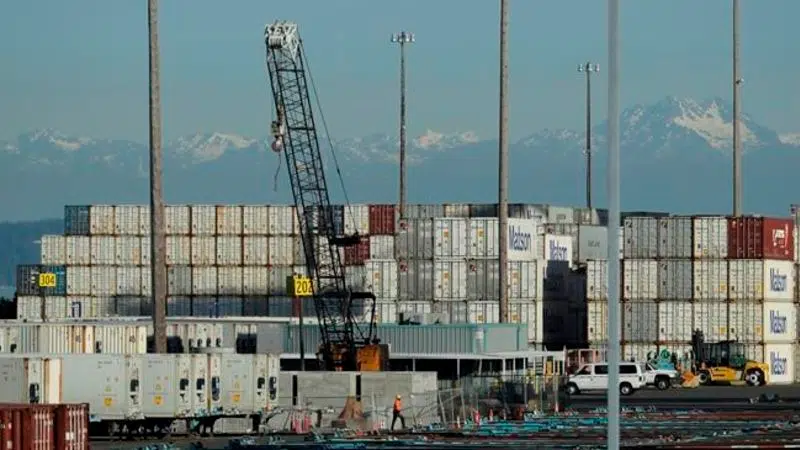
The Latest: Trump administration ups tariff talk on China
WASHINGTON — The Latest on the tariffs standoff between the United States and China (all times local):
6:50 p.m.
U.S. Trade Representative Robert Lighthizer says his office is preparing to impose tariffs on the $300 billion in Chinese products that aren’t already facing import taxes, another escalation in Washington’s dispute with Beijing.
